It’s common knowledge that there are many superstitions in the world of theater. Most people know that an actor will say “break a leg” to another actor instead of wishing the person good luck. But why do actors avoid saying “good luck” on opening night? Consider the history behind the phrase “break a leg” along with other superstitions that are alive and well in theater today
SAY “BREAK A LEG”
There are a lot of possibilities as to the origin of this phrase. One possibility goes back to ancient Greece. Greek citizens used to stomp their feet when they enjoyed a play instead of clapping their hands. If the audience members stomped their feet hard enough, it was believed that someone would eventually break a leg. So when an actor says “break a leg” to another actor, they are hoping that the actor’s performance garners overwhelming appreciation from the audience. Another possible origin of this phrase comes from the days of vaudeville. In vaudeville, when an actor gets to appear onstage, it’s called breaking the leg of the curtain. An actor who breaks the leg of the curtain has the good fortune of getting paid for that night’s performance. This phrase is still widely used in the performing community today.
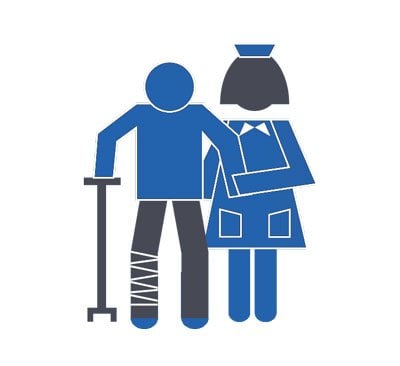
AVOID USING PARTICULAR ITEMS ON STAGE
In a stage production, real money, authentic jewelry, mirrors, and peacock feathers are all thought to cause bad luck. A mirror onstage can reflect the lighting and serve as a distraction to audience members. Using real money or jewelry in the course of a production can invite stealing from the crew. And the design of a peacock feather features what some say is an evil eye. This can bring bad luck to a production in the form of collapsing scenery, forgotten lines, or lighting mishaps. Some of today’s producers ignore this superstition and include these items. But the set designer may make an adjustment such as positioning a mirror so it won’t reflect any of the stage lights.
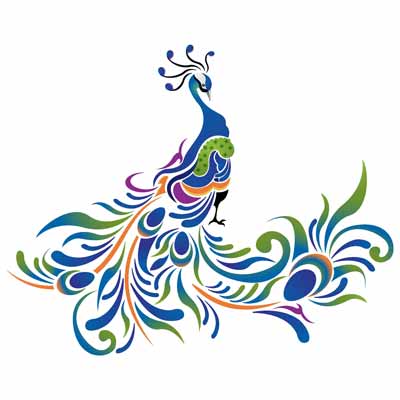
DON’T USE THE COLOR BLUE
This theatrical superstition goes back to the days when blue was a very expensive dye for clothing. Producers who had a string of flops would put their actors in blue costumes to give the impression that their current production was successful. Today, many stage characters are dressed in blue, but they may also wear silver to counteract the bad luck associated with the color.
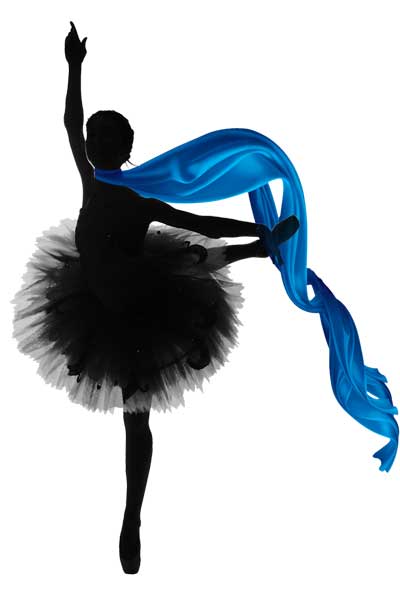
DON’T WHISTLE IN THE THEATER
Here is one with a practical twist. In the early days, theaters employed sailors to move heavy equipment, operate curtains, and work the lighting for a production. These men communicated with one another by whistles. So a person whistling around the stage runs the risk of having a piece of lighting or a heavy curtain drop down on them. Today, there are professionals in charge of manipulating stage equipment, but the superstition continues to stick around.
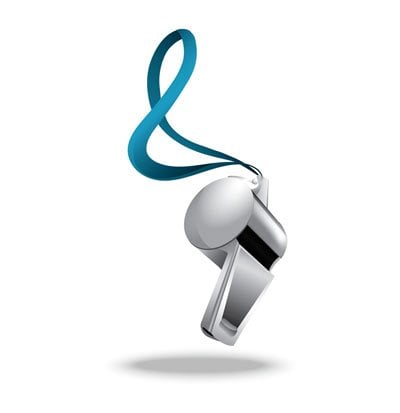
KEEP THE GHOST LIGHT BURNING
The ghost light has a lot to do with the spirits that are said to roam around a theater at all times. Thespis was the first well-known actor in ancient Greece. He is one of the spirits said to cause havoc in theatrical productions. Broken props, delayed starting times, and falling set pieces are just some of the problems that are attributed to the spirit of Thespis. In order to fight off this bad luck, theaters leave a light on at all times to ward off Thespis and other mischievous spirits. Today, many theaters still leave on a single light even when they are closed.
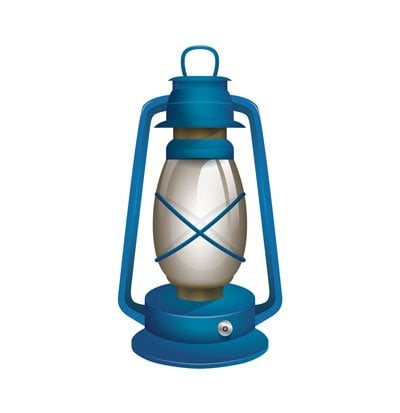
DON’T CALL IT MACBETH
Actors and other stage workers are never supposed to refer to Shakespeare’s Macbeth by its actual name. Instead, people refer to it as “The Scottish Play.” This may be because some actors have suddenly died during performances of this play. It’s also possible that this superstition is tied to fears about the lines of the three witches in the play as they stand around a cauldron casting a spell. This superstition is still alive today. If an actor or crew member does say the actual name of the play, they must go outside, spin around three times, spit, and say a Shakespearean curse word.
Home Theater Seating
- Home Theater Seating
- Reclining Theater Seats
- Slim Recliner
- Theater Sofa
- Leather Home Theater Seating
- Massage and Heat Recliner
- Media Room Sofas
- Puppet Theater
- Best Buy Couches
- Love Seat Theater Seats
- Reclining Media Chairs
- Chairs For 2
- Modern Comfy Chairs
- Theaterseatstore.Com
- Best Quality Sectional Sofa
Decor & Accessories
- Old Fashioned Popcorn Maker
- Movie Theater Decor
- Nice Ideas For A Guys Room
- Vaudeville Shows
- Home Theater Carpeting
- Lighted Poster Frame
- Movie Theater Lights
- Website Reviews
- Theater Marquee Sign
- Sectional Couch With Usb Port
- Xl700
- Comfy Reclining Armchair
- Berkline 13175
- Best Brand Recliner Chairs
- Home Theater Loveseat With Console
Top Pages
- Movie Chairs
- Four Seater Recliner Sofa
- Berkline Reclining Sofa
- Theater Room
- Theatre Seats for Sale
- Small Recliners for Apartments
- Palliser Swivel Recliner
- Ashley Furniture Leather Sofa
- Home Theater Packages
- American Made Leather Couch
- Chair with Swivel Table
- Broadway Theatergoers
- Recliners For Heavy People
- Electric Black Leather Recliner Chair
- Sectional Couches With Chaise Lounges

